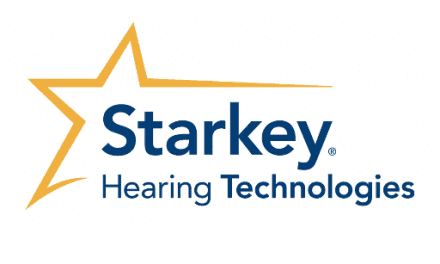FOCUS study of cognitive assessment draws high participation rate
Neuroscience company Cognivue, has reported a 37 percent research participation rate of historically underserved and underrepresented populations in its national Further the Objective and Clinical Understanding of Cognivue Study (FOCUS). Typical scientific studies of this size draw on average between two to 16 percent diverse participation.
Over 28 percent of more than 1,500 subjects from 14 sites in 11 states in the FOCUS study identified their race as Black or African American, American Indian or Alaska Native, Asian, Native Hawaiian or Other Pacific Islander, or other non-white while over 12 percent of participants identified their ethnicity as Hispanic or Latino. This is twelve times more than the average Hispanic/Latino participation in U.S. clinical trials, recorded as less than one percent by the National Institutes of Health.
The FOCUS study is intended to demonstrate the applicability of Cognivue cognitive assessment screening products in the general population by confirming total scoring, age-specific normative ranges, test-retest reliability, sensitivity, and specificity as compared to other frequently used paper and digital assessments. Cognivue also confirmed a neutral test application for the FOCUS study and eliminated common cognitive assessment biases by stratifying the study population by age, sex, and education level.

Cognivue President and CEO Tom O’Neill said, “I cannot overstate the value that this diverse data capture has brought to the FOCUS study. Participants in research trials should represent the patients who will use the medical device, and this is often not the case since people from racial and ethnic minorities and other diverse groups are generally underrepresented in clinical research, especially research related to neuroscience. We fully understand that our world leading technology must be made available to and representative of historically underserved and underrepresented populations and communities. The robust data that we have gathered goes a long way in developing reliable and trusted cognitive assessment devices to help improve the lives of more people, regardless of race, ethnicity, age, sex, or education.”
James E. Galvin, M.D., M.P.H., Professor of Neurology and Psychiatry and Behavioral Sciences at the University of Miami Miller School of Medicine and a Cognivue Advisory Board Member is serving as the FOCUS study primary investigator.

Dr. Galvin said, “I commend Cognivue and all the site investigators for the outstanding job of recruiting a multicultural population that is reflective of the diversity of the United States. The great challenge in nearly all U.S. clinical trials is that their study cohorts are overwhelmingly European White, male, and highly educated with post college degrees. It is nearly impossible to understand how a test, a device, or a medication will perform in the general population if we only consistently study one group and make little to no effort to include individuals from other racial, ethnic, and educational backgrounds. Over one-third of FOCUS participants were from underrepresented minority groups. On top of this, more than half were women, and two-thirds reported an education of less than a college degree. FOCUS should be a blueprint for how research in the community should be and can be done.”
Compilation and analysis of the Cognivue FOCUS study data is underway with a report expected in the coming months.
For more information, visit cognivue.com.
Source: Cognivue
Images: Cognivue



